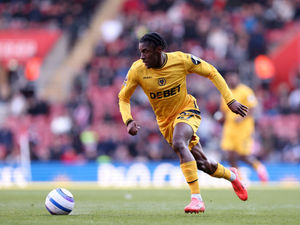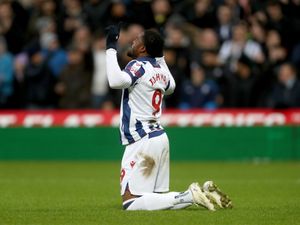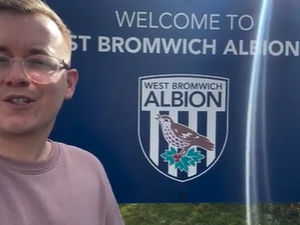Why size suddenly matters to ‘small squad’ Wolves boss Nuno
He swore by it for almost four years, but Nuno Espirito Santo has finally admitted Wolves need to get rid of their small squad philosophy.
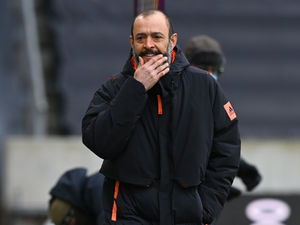
The Portuguese had spoken so many times about the benefits of having fewer players than most Premier League clubs, and it made a lot of sense.
More harmony; everyone feeling they had an important role to play; nobody just dragging their heels wondering when the next game is going to come.
Things have changed, though, and Wolves are aiming to evolve.
Ahead of the 1-1 Black Country derby draw at Albion on Monday, Nuno said they must ‘plan in a different way and avoid some of the mistakes we’ve made’.
It was quite the statement, and one fans have been receptive towards. Everyone is in agreement about it, it seems.
But why exactly are they going down this route?
The most obvious factor, of course, is injuries. Wolves, quite frankly, have been decimated by them this campaign.
Raul Jimenez, Jonny Castro Otto and Pedro Neto, as has been well documented, have all had major problems.
Daniel Podence and Willy Boly have had recurring issues throughout the season, too, while Fernando Marcal has barely kicked a ball in old gold.
And as a result, the squad has been left well short – very much lacking in both creativity and solidity.
Youngsters Rayan Ait-Nouri and Fabio Silva have had to take on more prominent roles than Wolves, ideally, would have liked.
And as Nuno said himself, some of the others are not yet ready to play regularly.
Even without some of the injuries, though, you could argue this shift had been coming as another big thing to consider is fatigue.
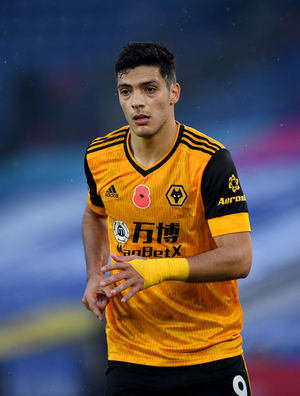
Joao Moutinho, for example, played the most games of anyone in Europe last season after the run to the Europa League quarter-finals and although he is currently dealing with an ankle issue, the 34-year-old has made 41 appearances for club and country this term.
Skipper Conor Coady has been almost ever-present again as well. They must be feeling it.
There has not been enough competition for places either.
Accentuated by the injuries, of course, some players have almost been in the team by default at times this campaign.
They have kept their places because nobody has been fighting to take it off them.
So, with injuries, fatigue and a lack of competition all being there, Nuno knows it is time to act.
Given the way he spoke at the end of last season, it seemed as if a significant shift was going to happen then.
Wolves wanted to have more possession and dominate more games, but it did not happen.
It is always easier to say with the benefit of hindsight but, ultimately, the transfer activity last summer was not good enough.
Even at the time there were concerns about how young the signings were and how the focus was too much on the future.
But judging by what Nuno has said, Wolves have learned from that window and will avoid making the same mistakes this time around.
“We had a clear idea of trying to change the way we did things, to approach games differently and we were very positive about it,” said Nuno.
“As injuries happened we didn’t have the solutions to keep on going on the same plan. When I mention mistakes I realise more of that.
“We didn’t have the same options to keep on going to move forward with that idea.
“So we had to have a step back and regroup and go again.
“If we wanted to go for a new cycle like I mentioned, we should have prepared the squad better for the eventualities that can happen during the competition and we didn’t have that.”
It may have taken longer than some would have wanted, but the reality appears to have firmly hit home for Wolves.
They are going for a widely-used, more conventional approach and you cannot blame them.

